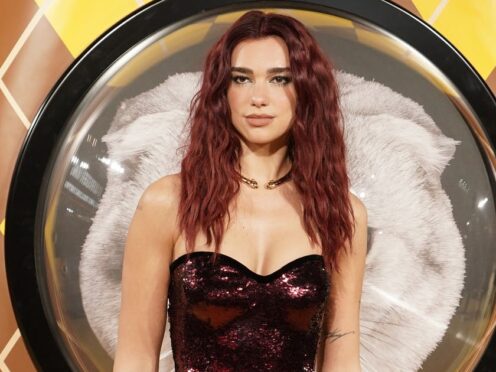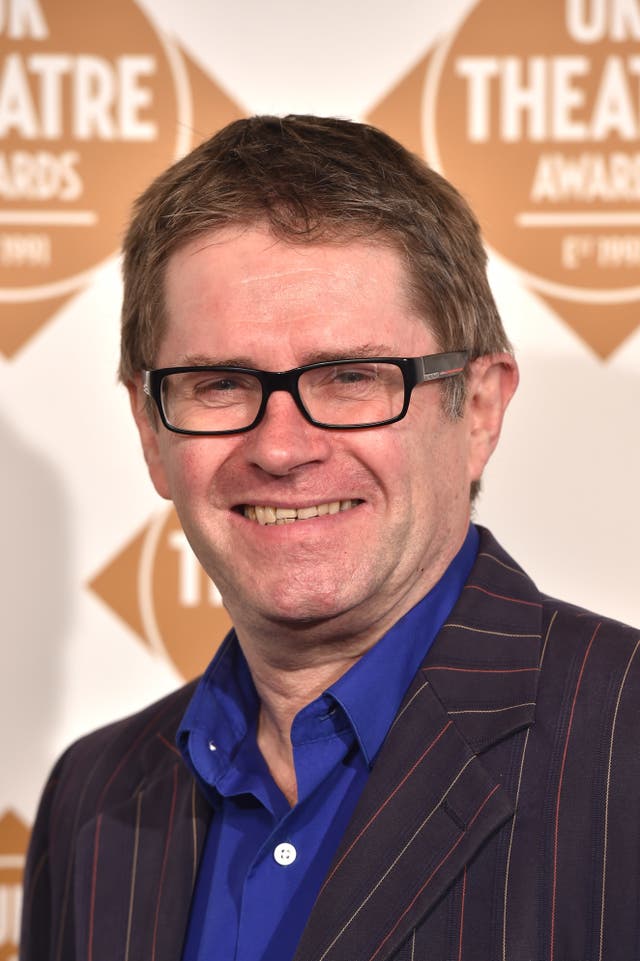
An MP has said that legislation on artificial intelligence use in the UK music industry is needed to “help stave off the threats it poses”.
Kevin Brennan, chairman of the All-Party Parliamentary Group (APPG) on Music, made the comments as his organisation released a new report that found that most of the public want regulation to prevent deepfakes of artists such as Dua Lipa and Taylor Swift.
Carried out by Whitestone Insight for UK Music, the poll of 2,110 British adults revealed that 83% of UK adults agree that a music artist’s creative “personality” should be protected in law against being copied using AI.
Previously explicit fake photographs of US singer Swift began circulating predominantly on social media site X, and the company formerly known as Twitter took a “zero-tolerance policy” by removing the content in January.

Mr Brennan, Labour MP for Cardiff West, said: “We must also confront the danger that unfettered developments in AI could pose to the UK’s musicians and music businesses.
“We ignore the necessity to sow policies, which will harvest the benefits of AI, and help stave off the threats it poses, at our peril. Our central insight must always be that AI can be a great servant but would be a terrible master.
“By leveraging the collective strength of policymakers, industry leaders, and innovators we can ensure that AI serves as a catalyst for creativity, and progress in the music ecosystem, rather than an inhibitor of growth and a destroyer of creators’ livelihoods.”
The shadow minister for victims and sentencing also said the “UK must grasp the transformative potential of AI in shaping the future of music if it is to retain its role as a powerhouse in exporting music and nurturing world-class talent”.
The research also found that 83% agree with the statement that if AI has been used to generate a song it must be clearly labelled and 77% think generated music that fails to acknowledge the creator of the original work amounts to theft.
A total of 80% also believe that the law should stop an artist’s music being used to train an AI application without their knowledge or permission.
UK Music participate in a variety of groups, boards and networks to connect and further the aims of the music industry.
Discover more here: https://t.co/Wfl77xNDQe pic.twitter.com/xOxN4DXCo3
— UK Music (@UK_Music) April 28, 2024
UK Music interim chief executive Tom Kiehl said the Government needs to act before “AI tech companies destroy our world-beating industry”.
He added: “The public also voiced their concerns about the alarming growth of explicit deepfake images of music stars like Dua Lipa and the need for urgent action in this area.
“The threat to the music industry from generative AI is now very real and the Government must move to legislate to support our world-leading music industry.”
Recommendations from the APPG include the Government introducing an UK AI Act, generated music being clearly labelled, the creation of a personality right to protect creators and artists from deepfakes, misappropriation and false endorsement, and setting up an international taskforce.
A Government spokesperson said: “We are committed to helping artists and the creative industries work with the AI sector to harness the opportunities this technology provides, and ensure our music can continue to be enjoyed around the world.
“Trust and transparency are vital to this shared approach. We are working closely with stakeholders and will provide a further update in due course.”
In early April, more than 200 artists objected to the “predatory use of AI to steal professional artists’ voices and likenesses” by signing an open letter warning companies about the unauthorised use of songs and other works.
British pop star Engelbert Humperdinck, former One Direction member Zayn Malik and British folk rock band Mumford & Sons were among the signatories of the Artist Rights Alliance campaign.
The Department of Media, Culture and Sport has been contacted for comment.

Enjoy the convenience of having The Sunday Post delivered as a digital ePaper straight to your smartphone, tablet or computer.
Subscribe for only £5.49 a month and enjoy all the benefits of the printed paper as a digital replica.
Subscribe